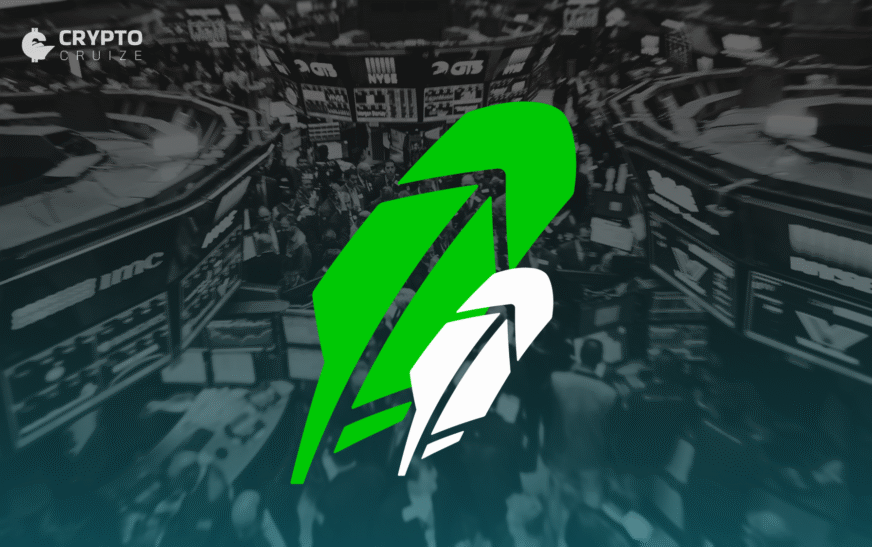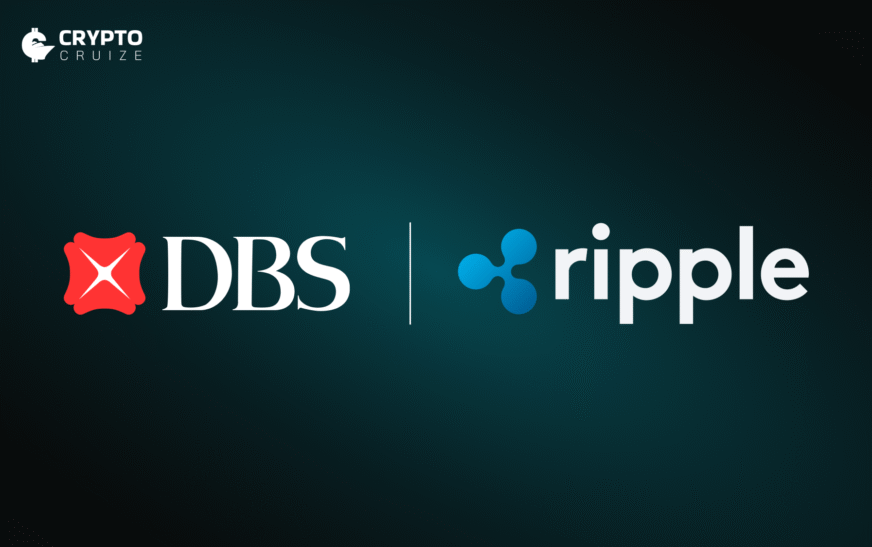Robinhood is making bold moves to bring stock trading into the crypto era and Wall Street is watching closely. The retail trading giant has revealed plans to launch its own blockchain, aiming to tokenize traditional stocks and offer around-the-clock trading. This innovation could pull liquidity away from established exchanges like the NYSE, shaking the foundation of how stocks have been traded for decades.
Robinhood Chain: Stocks Go Onchain
At the Ethereum Community Conference (EthCC) this week, Robinhood CEO Vlad Tenev announced the creation of Robinhood Chain, an Ethereum-compatible layer-2 blockchain built using Arbitrum Orbit technology.

This new blockchain aims to do something revolutionary: let users trade tokenized versions of stocks directly on the blockchain. Instead of waiting for the NYSE to open, traders could buy and sell assets at any time. Initially, the service will support 24/5 trading, with full 24/7 availability planned soon.
Through this system, Robinhood users would be able to:
- Hold tokenized stock derivatives in self-custody wallets
- Trade them on decentralized applications (dApps)
- Enjoy near-instant settlement times
These tokens, which act like wrappers linked to real-world stocks held by a U.S. broker-dealer, would bridge the gap between traditional equities and crypto-style trading.
A Threat to Traditional Exchanges
This shift could pose a serious challenge to traditional financial exchanges like the NYSE. Galaxy Digital, a crypto investment firm, warned in a report that this move could divert liquidity away from Wall Street, cutting into the core revenue streams of exchanges, such as trading fees and market data sales.

Robinhood’s approach is inspired by Coinbase’s Base network, which generates over $150,000 in daily sequencer fees. Similarly, by operating its own sequencer, Robinhood could capture fees at every level of the transaction process.
What makes this different from normal after-hours trading? It’s onchain, open, and programmable. Galaxy Digital emphasized that traditional exchanges could become “custodians of a less functional version” of assets unless they adapt. The programmability of tokenized stocks could allow:
- Automated dividend payouts
- Use of stocks as collateral in DeFi platforms
- Smart contract-based asset management
These are features traditional stocks simply can’t offer today.
Benefits: Speed, Access, and Innovation
Robinhood’s tokenized model promises several advantages for investors:
- 24/7 Access: No more waiting for market hours. Crypto-style availability gives investors global access at any time.
- Faster Settlement: Traditional trades may take days to settle. Onchain tokens settle within seconds.
- Decentralized Custody: Users can hold assets in personal wallets, increasing control and security.
- DeFi Integration: Use tokenized stocks across decentralized finance, lending, staking, and more.
The move also leverages Robinhood’s recent acquisition of Bitstamp, a major crypto exchange, helping the company blend the crypto and stock worlds under one umbrella.
Challenges: Volatility and Regulation
Still, the shift isn’t without risks. Round-the-clock trading could introduce price volatility, especially outside U.S. market hours. Retail investors may find themselves waking up to unexpected price swings.
Additionally, regulatory uncertainty looms large, especially in the U.S. While the tokens will initially be offered only to EU-based users, it’s unclear how regulators like the SEC will react if the service expands to American markets.
Industry groups like the Securities Industry and Financial Markets Association (SIFMA) have already urged regulators to reject tokenized equity trading that doesn’t follow existing frameworks like Regulation NMS.
Until clearer guidelines emerge, Robinhood’s tokenized stocks may exist in a grey area.
The Future of Stocks?
Robinhood’s tokenization strategy could mark the beginning of a new era in financial markets. With programmable stocks, faster trading, and DeFi integration, the traditional model of stock exchanges is under pressure to innovate.
But success depends on how regulators respond, how quickly Robinhood can build trust in its system, and whether users are ready to embrace a blockchain-based approach to equity trading.





















































